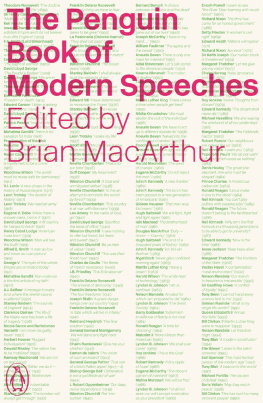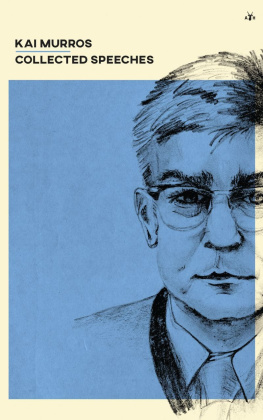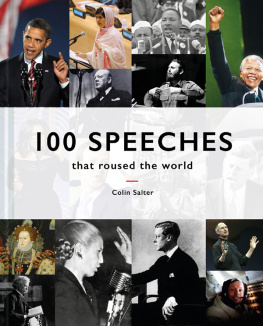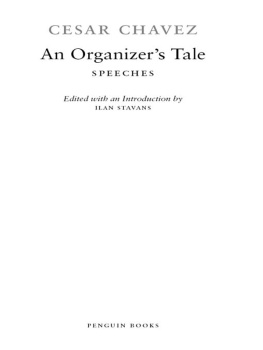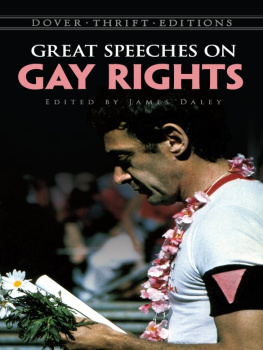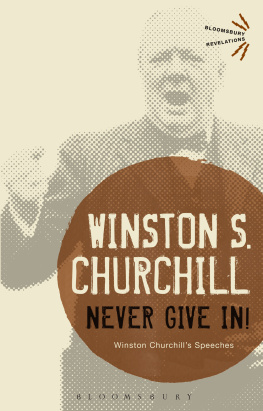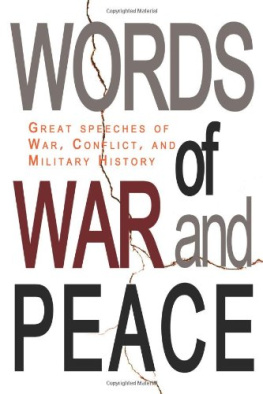
PENGUIN BOOKS
PENGUIN BOOKS
Published by the Penguin Group
Penguin Books Ltd, 80 Strand, London WC2R 0RL, England
Penguin Group (USA) Inc., 375 Hudson Street, New York, New York 10014, USA
Penguin Group (Canada), 90 Eglinton Avenue East, Suite 700, Toronto, Ontario, Canada M4P 2Y3
(a division of Pearson Penguin Canada Inc.)
Penguin Ireland, 25 St Stephens Green, Dublin 2, Ireland (a division of Penguin Books Ltd)
Penguin Group (Australia), 250 Camberwell Road, Camberwell, Victoria 3124, Australia (a division of Pearson Australia Group Pty Ltd)
Penguin Books India Pvt Ltd, 11 Community Centre, Panchsheel Park, New Delhi 110 017, India
Penguin Group (NZ), 67 Apollo Drive, Rosedale, Auckland 0632, New Zealand
(a division of Pearson New Zealand Ltd)
Penguin Books (South Africa) (Pty) Ltd, Block D, Rosebank Office Park, 181 Jan Smuts Avenue, Parktown North, Gauteng 2193, South Africa
Penguin Books Ltd, Registered Offices: 80 Strand, London WC2R 0RL, England
www.penguin.com
First published as The Penguin Book of Twentieth-Century Speeches by Viking 1992
Published with revisions in Penguin Books 1993
Second revised edition published 1999
Third revised edition published as The Penguin Book of Modern Speeches 2012
Copyright Brian MacArthur, 1992, 1993, 1999, 2012
All rights reserved
The acknowledgements on constitute an extension of this copyright page
ISBN: 978-0-14-190916-5
PENGUIN BOOKS
THE PENGUIN BOOK OF MODERN SPEECHES
Brian MacArthur was founder editor of Today and The Times Higher Education Supplement, and editor of the Western Morning News. He was deputy editor of the Sunday Times and executive editor of The Times. He has written Surviving the Sword: Prisoners of the Japanese19421945. He has been interested in the power of oratory since first hearing Aneurin Bevan on the hustings in 1956 and has edited The Penguin Book of Historic Speeches and The Penguin Book of Twentieth-Century Protest.
Brian MacArthur lives in Norfolk and London and has two daughters.
For Maureen Waller
Each time a man stands up for an ideal, or acts to improve the lot of others, or strikes out against injustice, he sends forth a tiny ripple of hope, and crossing each other from a million different centres of energy and daring, those ripples build a current that can sweep down the mightiest walls of oppression and resistance.
Robert Kennedy, 1966
Introduction
Oratory is always a declining art. Every generation judges contemporary speakers unfavourably against the giants of the past. At the end of the twentieth century, the speeches of the British prime minister Tony Blair were criticized (by the Tory Daily Telegraph) as being like the voice-overs in advertisements, depending on beguiling images rather than having coherent meaning in their own right. It accused Blair of using phrases not sentences. Matthew Parris, the outstanding parliamentary reporter of his generation, asked in The Times if there was no way of steering Blair clear of visionary, salvationist nouns.
Similar complaints were made eighty years earlier about Lloyd George who now stands out as one of the greatest of lyrical orators. Yet an Everyman anthology of oratory published in the 1920s complained that oratory had given way to talk. The change, according to the editor, could be seen in the natural colloquial style of Lloyd George compared with the oratorical styles of Lord Rosebery or Winston Churchill. That allegedly colloquial style, with which Lloyd George summoned the nation to the great pinnacle of sacrifice pointing like a rugged finger to heaven, now strikes us not as talk but as magnificent oratory and we complain about the dull, colloquial style of George Bush or John Major or the often messianic style of Blair.
Lloyd George himself made the same complaint when he wrote a short introduction to a collection of his speeches in 1929, arguing that the conditions of modern speaking were not conducive to the preparation of speeches that survived the controversy to which they were addressed. He was, nevertheless, an optimist. Acknowledging that first the school boards and the popular press and then the cheap entertainment offered by film, gramophone and broadcasting had been accused of destroying oratory, he pointed out that the Labour Party, the most powerful party in the state, had been created by spoken appeals from myriads of platforms.
Broadcasting will give new life and sway to speech-making. Controversy may be ruled out yet awhile by timid counsels. In the end it will force its way to the disc. A sporting nation, which is also a political people, will insist on seeing the ball kicked in one of its favourite games. When that time comes, the style of oratory may be altered to the exigencies of the machine; but the true orator will adapt his art to the occasion, and the spoken word will be more potent than ever.
As Franklin D. Roosevelt and Winston Churchill were to show by their mastery of the wireless, Lloyd George was right. Since then, orators have adapted not only to radio but also to the very different demands of television which has magnified the power of oratory. Speeches can now be broadcast live round the world, as on such memorable occasions as John F. Kennedy during the Cuban missile crisis, Nelson Mandela on leaving jail after twenty-seven years or Earl Spencer delivering his philippic over the catafalque of his sister, Diana, Princess of Wales, a speech that probably had the largest audience in history. Yet still the complaint is made that oratory is a declining art. According to Peggy Noonan, author of some of Ronald Reagans most memorable oratory, the irony of modern speeches is that as our ability to disseminate them has exploded their quality has declined.
Why? Lots of reasons, including that we as a nation no longer learn the rhythms of public utterance from Shakespeare and the Bible. When young Lincoln was sprawled in front of the fireplace reading Julius Caesar The abuse of greatness is, when it disjoins remorse from power he was, unconsciously, learning to be a poet. You say, That was Lincoln, not the common man. But the common man was flocking to the docks to get the latest instalment of Dickens off the ship from England.
The modern egalitarian impulse has made politicians leery of flaunting high rhetoric; attempts to reach, to find the right if esoteric quote or allusion seem pretentious. They dont really know what the common man thinks any more; they forget that weve all had at least some education and a number of us read on our own and read certain classics in junior high and high school. The guy at the gas station read Call of the Wild when he was fourteen, and sometimes thinks about it. Moreover, he has imagination. Politicians forget. They go in for the lowest common denominator like a newscaster.
Any contemporary observer who relishes great oratory and who observes American presidential elections or British general elections cannot but agree with Noonans thesis. Where are the visions and where the words that inspire men and women to greater things and make them vote with enthusiasm, even passion? Both President Clinton and Tony Blair were significant improvements on their immediate predecessors but the verdict still seems to stand. The springs of oratory are drying up, it seems, as churches become deserted, the study of Latin and Greek declines, and schools fail to give students the thorough grounding in their literary and religious heritage that was once taken for granted and which inspired the great orators.

